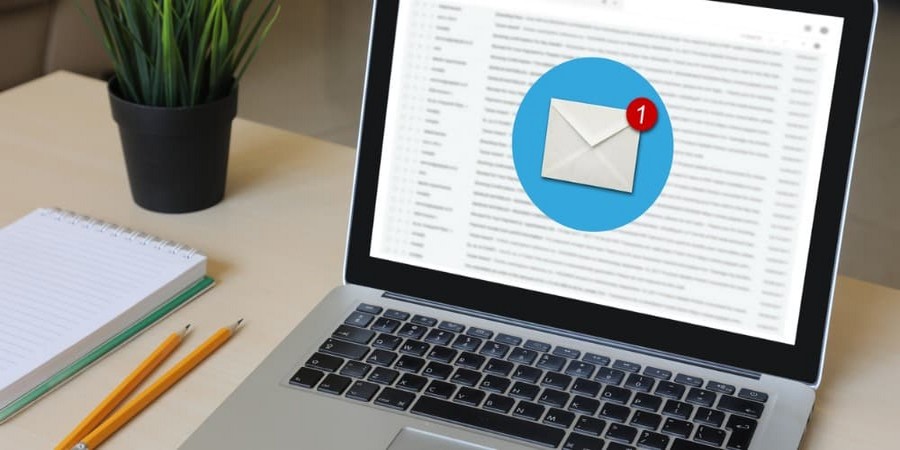The Impact of Online Tracking on Your Privacy and Digital Freedom
The internet has transformed the way we communicate, work, and interact with the world. However, this increased connectivity comes with significant privacy risks. Whenever you browse the web, shop online, or use social media, your data is being collected, analyzed, and often shared with third parties. This process, known as online tracking, enables companies, advertisers, and even governments to monitor user behavior.
Online privacy concerns the ability of individuals to control their personal information while navigating digital spaces. It is essential for maintaining autonomy, security, and freedom in an increasingly data-driven world. Without proper protections, online tracking can lead to identity theft, financial fraud, intrusive targeted advertising, and mass surveillance.
What is Online Privacy & Tracking?
Online privacy refers to the right of individuals to control their personal data while using the internet. Online tracking, on the other hand, involves the collection of user data by websites, advertisers, and third parties. Tracking methods range from cookies and web beacons to fingerprinting and behavioral profiling, enabling entities to monitor online activities, target advertisements, and analyze consumer behavior.
Tracking methods can be categorized into:
- Passive Tracking – Unnoticed data collection through cookies, web beacons, and analytics tools.
- Active Tracking – When users knowingly provide data, such as filling out forms or registering accounts.
Companies claim that tracking helps improve user experience, customize content, and enhance security. However, without clear regulations and user control, tracking poses serious risks to individual privacy and data security.
Why Is Online Privacy Important?
Online privacy is critical for protecting personal information, financial security, and digital autonomy. Unauthorized data collection can lead to identity theft, fraud, and invasive targeted advertising. Additionally, governments and corporations may exploit personal data, raising concerns about mass surveillance and data misuse.
The implications of online tracking extend beyond targeted advertising. Personal data can be exploited for various unethical and even illegal purposes. Key risks include:
- Identity Theft & Fraud – Cybercriminals can use stolen data (e.g., Social Security numbers, financial details) to commit fraud.
- Data Breaches – Companies storing vast amounts of user data are vulnerable to hacking, leading to massive privacy violations.
- Government & Corporate Surveillance – Authorities and private organizations track online behavior, potentially infringing on individual rights.
- Manipulative Advertising – Behavioral tracking allows companies to manipulate consumer choices and exploit personal vulnerabilities.
- Loss of Anonymity – Constant monitoring limits personal freedom, with every digital action leaving a traceable footprint.
By understanding these risks, individuals can take proactive steps to secure their digital identities and maintain control over their online presence.
Common Online Tracking Methods
Tracking methods vary in complexity and scope, often operating in the background without user consent. Below are the most prevalent techniques:
- Cookies – Small text files that store user preferences and browsing history.
- Web Beacons – Invisible tracking pixels embedded in emails and websites to collect behavioral data.
- Device Fingerprinting – Unique identification of a user based on hardware, software, and browsing settings.
- IP Tracking – Associating online activity with a user's geographical location and network.
- Cross-Site Tracking – Monitoring user behavior across multiple platforms to create extensive consumer profiles.
- Behavioral Profiling – Using machine learning to predict consumer interests and target ads accordingly.
While some tracking is necessary for functionality (e.g., login sessions), excessive tracking can be invasive and harmful.
As online tracking becomes more sophisticated, safeguarding personal data requires vigilance. While regulatory frameworks aim to protect consumer rights, individuals must take their own privacy into their hands. By understanding the risks, adopting privacy-focused tools, and making informed digital choices, users can reduce their exposure to unwanted tracking and enhance their online security.
Вy FreedomPerson.com

Data brokers are companies and individuals who collect, analyze, and sell vast amounts of personal and behavioral information about millions of people—often without their knowledge or consent. They gather diverse data from public records, online activity, financial and medical sources to create detailed consumer profiles that influence advertising, credit, insurance, and more. Major players like Acxiom, Experian, and Equifax dominate the industry, which is rapidly growing and increasingly using AI to predict future behaviors. This widespread data collection raises significant privacy risks, making awareness, protective measures, and stronger regulations essential in today’s digital landscape.

Your iPhone may be listening—even when you don’t say “Hey Siri.” We explain the lawsuit behind Apple’s $95M settlement, the dangers of accidental recordings, and the privacy settings you should check now.

If your Apple device activated Siri during a private conversation without your intent, you may be entitled to cash as part of a $95 million settlement with Apple. The lawsuit claims Siri sometimes recorded confidential moments — and now, eligible users could receive up to $100.

In today's digital landscape, our daily activities—such as online shopping, registering on websites, or engaging with social media—require us to share personal information regularly. However, this routine exchange of data raises crucial concerns about the digital footprints we leave behind and how our personal information is handled beyond the screen. Despite the alarming rise in data breaches, many individuals have become desensitized to these threats.

Every time a person connects to the internet, data is generated and collected. This information is gathered by websites, applications, service providers, and advertisers for various purposes, including personalization, analytics, and security. Some of this data is provided directly by users, while other types are collected automatically through tracking technologies and system logs. Understanding the types of data collected is essential for managing online privacy and making informed decisions about digital interactions.


